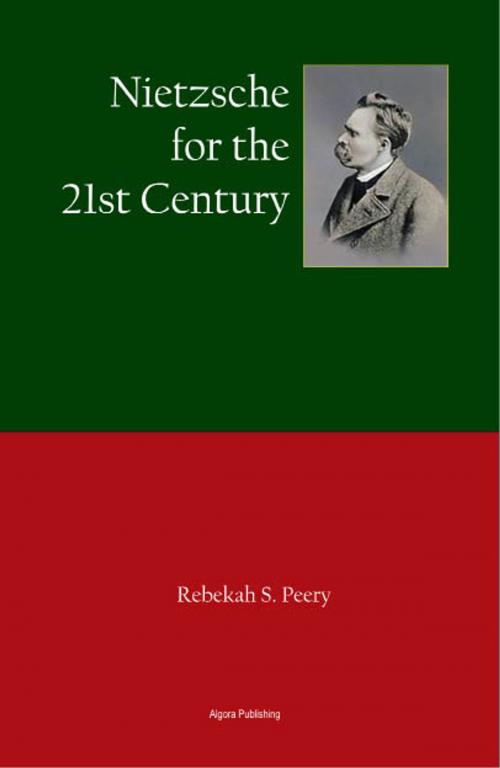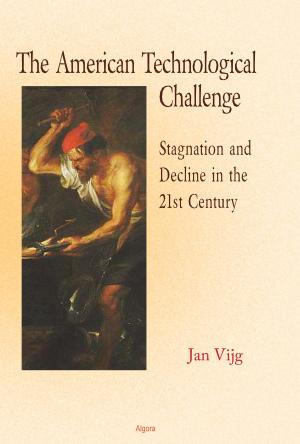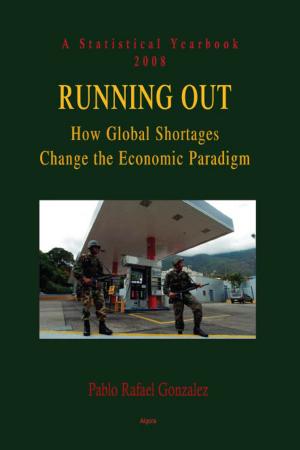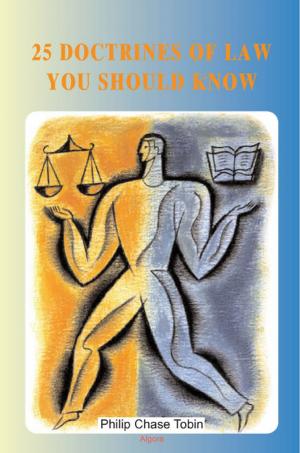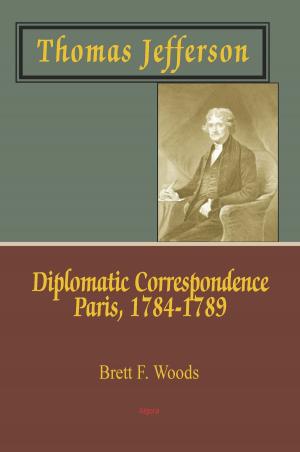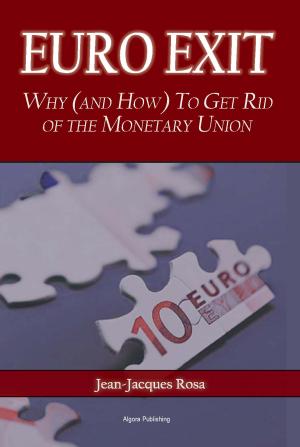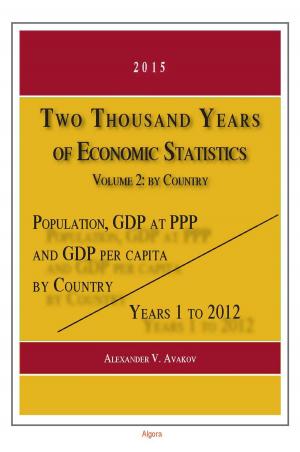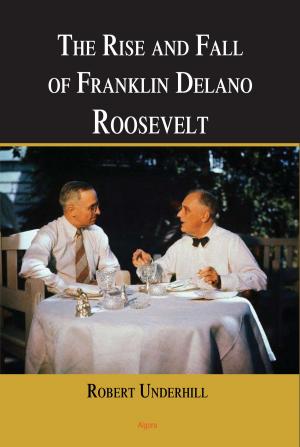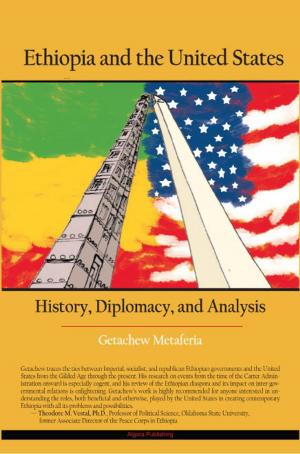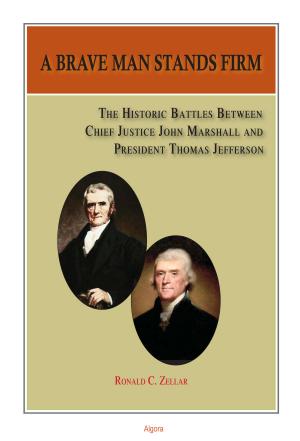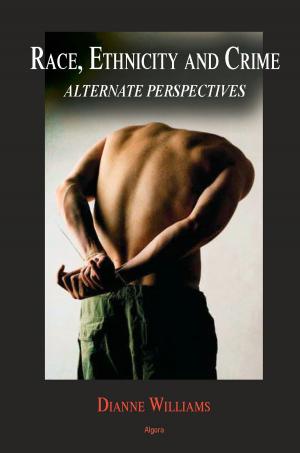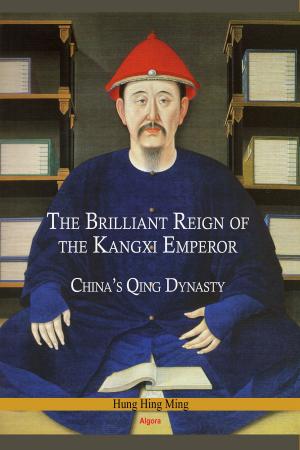Nietzsche for the 21st Century
Nonfiction, Religion & Spirituality, Philosophy, Free Will & Determinism| Author: | Rebekah S. Peery | ISBN: | 9780875867670 |
| Publisher: | Algora Publishing | Publication: | December 15, 2009 |
| Imprint: | Algora Publishing | Language: | English |
| Author: | Rebekah S. Peery |
| ISBN: | 9780875867670 |
| Publisher: | Algora Publishing |
| Publication: | December 15, 2009 |
| Imprint: | Algora Publishing |
| Language: | English |
Prof. Peery's first two books emphasized Nietzsche's concerns and contributions as a cultural critic and cultural historian; this time, she concentrates on his major legacy as a philosopher. Taking a tender scalpel to his works, from Ecce Homo and Thus Spake Zarathustra to Beyond Good and Evil and others, she gets inside to the heart of his writing and creates an intellectual dialogue involving everyone from Dionysus and Democritus to Jacob Burckhardt and GWF Hegel. "By dialectical process," she notes, "Nietzsche reasserts Heraclitus views of the constant tension, or process, always occurring between two opposites, interacting elements, or forces." She also brings in the contributions of R. J. Hollingdale and other Nietzsche analysts to present a range of insights into these nuanced writings whose application to current reality seems perhaps more apt than ever.
During his lifetime (18441900), the impact of Nietzsches thinking was dimly perceived, if at all, by most of his contemporaries or readers. Into and during the 20th century, however, the unexpected, the dangers, but mostly the possibilities, of his ideas began to be recognized, explored, and adopted and resisted. There were exciting creative achievements far beyond Nietzsches philosophy. These ideas continued to rapidly display their increasingly amazing and untapped resources.
Well into the 21st century appreciating, interpreting, and evaluating Nietzsches thinking appear to be rising still, or again. And he repays generously every effort, every investment.
Prof. Peery's first two books emphasized Nietzsche's concerns and contributions as a cultural critic and cultural historian; this time, she concentrates on his major legacy as a philosopher. Taking a tender scalpel to his works, from Ecce Homo and Thus Spake Zarathustra to Beyond Good and Evil and others, she gets inside to the heart of his writing and creates an intellectual dialogue involving everyone from Dionysus and Democritus to Jacob Burckhardt and GWF Hegel. "By dialectical process," she notes, "Nietzsche reasserts Heraclitus views of the constant tension, or process, always occurring between two opposites, interacting elements, or forces." She also brings in the contributions of R. J. Hollingdale and other Nietzsche analysts to present a range of insights into these nuanced writings whose application to current reality seems perhaps more apt than ever.
During his lifetime (18441900), the impact of Nietzsches thinking was dimly perceived, if at all, by most of his contemporaries or readers. Into and during the 20th century, however, the unexpected, the dangers, but mostly the possibilities, of his ideas began to be recognized, explored, and adopted and resisted. There were exciting creative achievements far beyond Nietzsches philosophy. These ideas continued to rapidly display their increasingly amazing and untapped resources.
Well into the 21st century appreciating, interpreting, and evaluating Nietzsches thinking appear to be rising still, or again. And he repays generously every effort, every investment.
